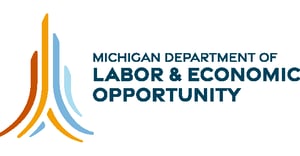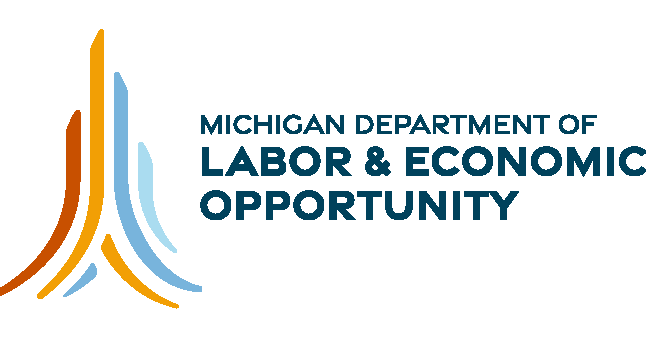
Residents shared thoughts on high-speed internet investments
Marquette, Mich.—The Michigan High Speed Internet Office (MIHI) was joined by Lt. Gov. Garlin Gilchrist II on the MI Connected Future statewide listening tour today to collect input from Michigan residents on how best to prioritize an estimated $1.6 billion the state will receive to deliver affordable, equitable and reliable high-speed internet service throughout the state with a stop at Northern Michigan University.
“Affordable high-speed internet as is the key to unlock access to education, economic opportunity, healthcare, and more for Michiganders,” said Lt. Governor Garlin Gilchrist II. “Through the MI Connected Futures Tour, we are coming together with people in communities across our state to chart a path forward and build on the work we’ve done to connect more than 23,000 unserved locations to high-speed internet. We must work together to build a Michigan where everyone is connected.”
More than 30% of homes and businesses either don’t have access to, can’t afford or are missing the skills and technology needed for an internet connection.
“As the MI Connected Future tour continues, we applaud the Michiganders who are showing up to have their voices heard are gathering invaluable feedback on high-speed internet challenges that each region and community is facing and using that to shape the future of our state’s broadband,” said Susan Corbin, director of the Michigan Department of Labor and Economic Opportunity. “As the tour continues, we encourage more resident to join us and share their feedback that will play an integral part in creating the Michigan Five-Year Action Plan and the Michigan Digital Equity Plan.”
MIHI seeks community input and feedback about internet needs that are most important to the state’s communities, especially topics like affordability, accessibility, digital skills development and access to internet enabled devices. Attendees can look forward to being active participants in the development of the Michigan Five-Year Action Plan and the Michigan Digital Equity Plan. The MI Connected Future tour anticipates thousands of Michiganders to attend more than 40 events throughout 2023 in cities and towns across the state.
"Investments of this scale start with a good plan, and that's why each stop of this community tour is a critical step in our process,” said Eric Frederick, chief connectivity officer for the Michigan High-Speed Internet Office. “The mission of our office is to create a more digitally equitable state where every Michigander can leverage technology to improve their quality of life, and we are confident this work will make a huge impact for hundreds of thousands of Michiganders."
The event was held at Northern Michigan University, who depends on broadband to help there more than 7,000 students excel in over 170 different courses of study across several fields and departments, as well as over 25 graduate degree programs.
“We are excited to have Lt. Gov. Gilchrist and the MIHI Office here in Marquette,” said Ryan Soucy, senior planner at Central UP Planning and Development (CUPPAD). “Marquette County and communities throughout the Central region have issues accessing affordable, high-speed internet. It is comforting knowing that the conversations had today will have a direct impact on our communities and Michigan as whole.”
This investment is made available through the Broadband Equity, Access and Deployment (BEAD) Program from the Bipartisan Infrastructure Law.
Learn more about the MI Connected Future Tour and register to attend at www.michigan.gov/MIConnectedFuture.
Highlights on Michigan’s efforts to Increase high-speed internet for homes and businesses
- Provided 23,048 homes, businesses, and community anchor institutions like schools and libraries high-speed internet access since taking office.
- Set a state goal to provide 100% access to high-speed internet and 95% adoption by households during the next five years.
- Provided high-speed internet access to more than 18,000 homes and businesses, through the Connecting Michigan Communities Grant Program.
- Leveraged over $700 million in federal funding and signed the Building Michigan Together Plan that invested $249 million to connect more families and small businesses to fast, reliable high-speed internet that meets their needs.
- Established the Office of Rural Development to focus on growing rural economies including through collaborations with the Michigan High-Speed Internet Office to boost high-speed internet connectivity.
- Mapped high-speed internet access in all 83 counties, laying the foundation for an investment of over $1.5 billion in federal broadband funds over the next 5 years.
###














